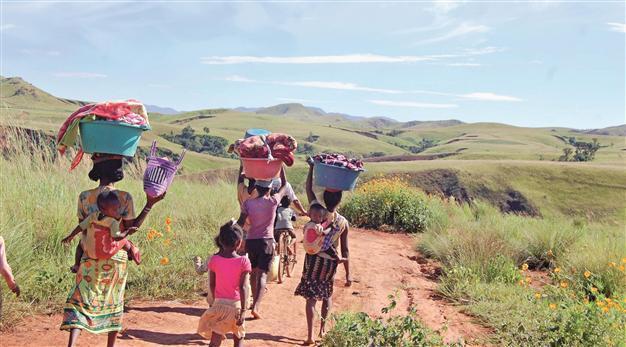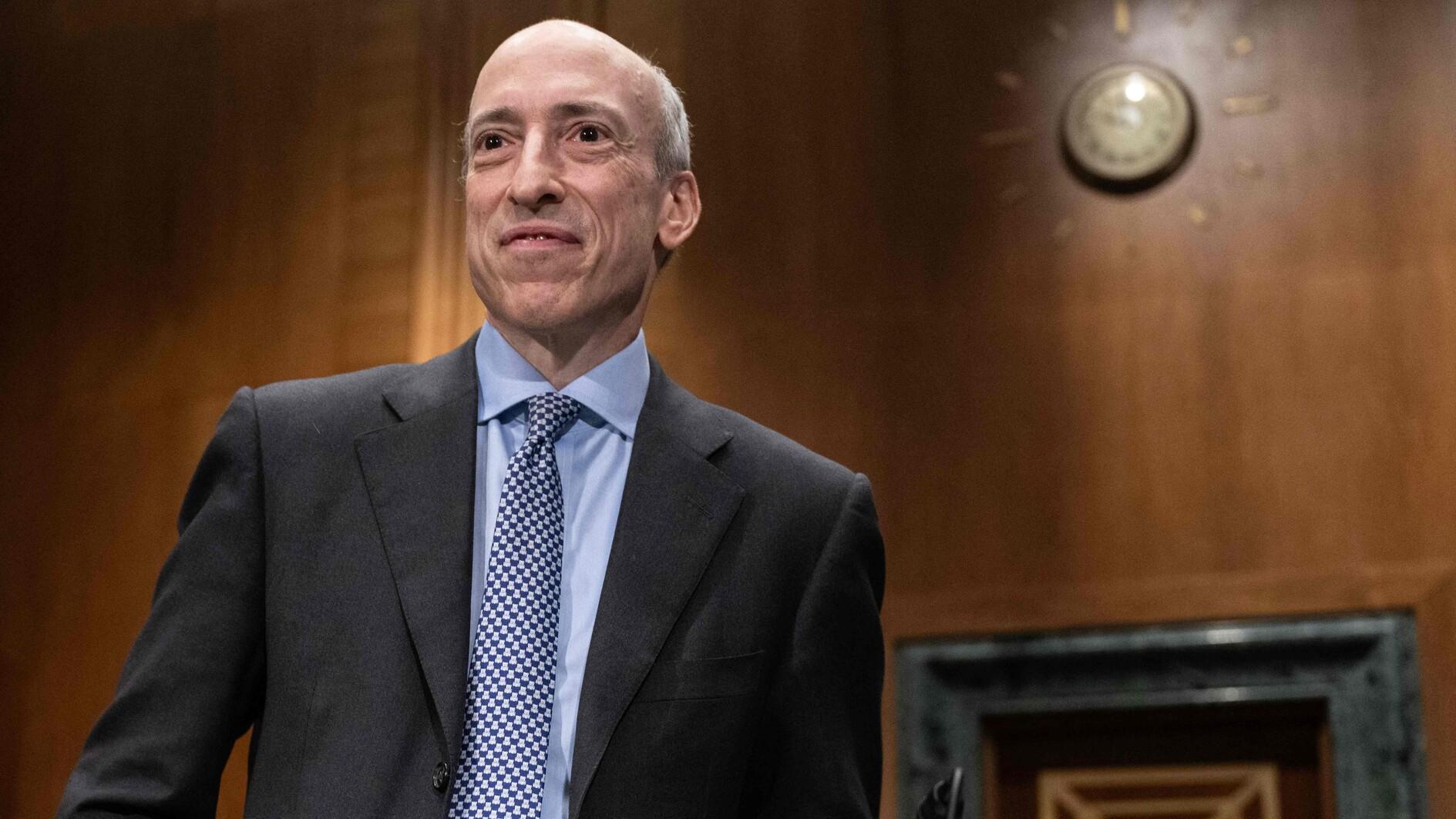Once green Madagascar works for more forest land and biodiversity
Madagascar Prime Minister Omer Beriziky

The case of our country, Madagascar, is a perfect illustration because of deforestation., says Prime Minister Beriziky.
Since we are here in Istanbul, having participated in the two days preceding the ministerial segment of the “10th United Nations Forum on Forests,” I chose to focus my remarks on the relationship between the sustainable management of natural resources and economic development.Madagascar currently has forest cover of 10 million hectares. Separated from the African continent about 165 million years ago, it has exceptional biological diversity, with an endemic rate of 80 percent that gives it more than 9,700 unique plants and 770 unique vertebrates, most of which are found in the forests.
The flora and fauna that evolved in isolation in the absence of predators, can explain the high level of endemism.
Madagascar is currently expanding its sustainability and strengthening the conservation of its natural resources with economic incentive approaches.
Joint program with United Nations
It sees REDD plus (the United Nations Collaborative Program on Reducing Emissions from Deforestation and Forest Degradation Plus) as one of the pillars of its future, as well as creating the foundation for biodiversity. Since 2001, Madagascar has been implementing five REDD plus pilot projects and methodological development covering its various ecosystems. Sales-carbon tests on the voluntary market began in 2006 and need to be reinforced by the signing of a new agreement by the end of this month, which shows the strength and commitment of the country to benefiting from this mechanism by involving the grassroots residents.
With an eye to concerns and various reflections and experiences in forests mentioned in the various summits dealing with sustainable development, the fight against poverty or the sustainable management of natural resources – just like this meeting in Istanbul – we are attempting to not remain indifferent to the issue of sustainable forest management, while also challenging ourselves to act quickly and take the right decisions for this purpose.
We know that none of the development of our welfare or our survival on this planet earth can come at the expense of exploiting natural resources, particularly forests, which are the planet’s lungs.
We only reiterate the call to order expressed by scientists and men of goodwill about the danger stemming from economic and social pressures that do not take into account the preservation of the environment, including the maintenance of the forest cover level.

Marmara President Akkan Suver (L) welcomes
Prime Minister Beriziky at Istanbul's Atatürk Airport.
The case of our country, Madagascar, is a perfect illustration because of deforestation. Our great island is now a red island, but a century ago, it was considered by explorers and visitors as a green island because of its important cover. This mutation could not be prevented even though the country has, since ancient times, aimed for the protection of natural resources; indeed related traditional beliefs to this effect were codified during colonization. Madagascar later regained independence and since then, it has acceded to various international conventions and agreements for the conservation of biodiversity and sustainable development.
The Malagasy people, like other peoples of the world, once used the forest for their subsistence. But it is clear that the majority of them, especially those that are the most vulnerable fringe, usually adjacent to these natural resources, continue to remain dependent.
The principle of the equitable sharing of benefits derived from the exploitation of natural resource products in general and biodiversity in particular is not effective. The illicit exploitation of natural resources has grown and has come to be associated with illegal trade – locally, nationally and internationally. All this has certainly contributed to economic development in other places, but has not resulted in positive outcomes for the people, while the owner of the wealth has not effected any increase in GDP.
















